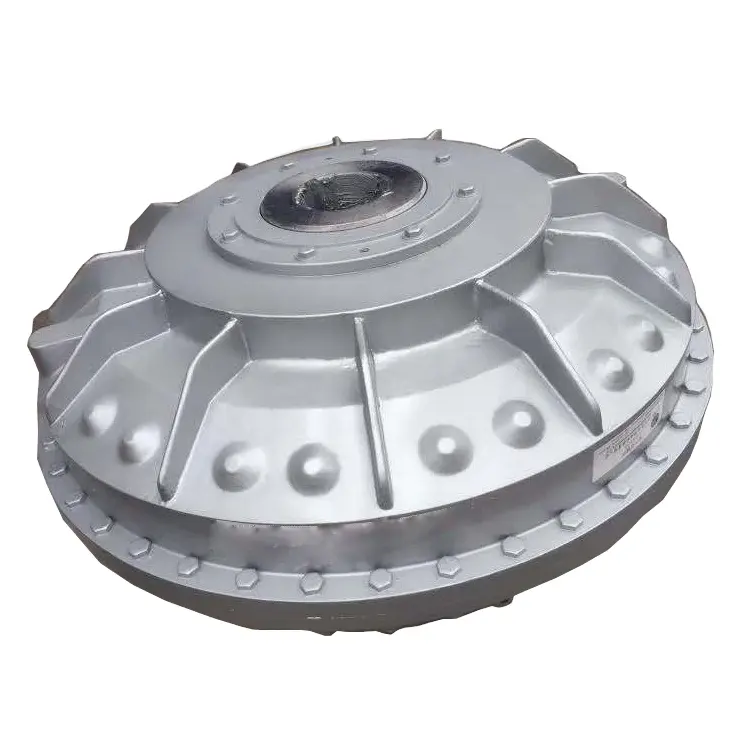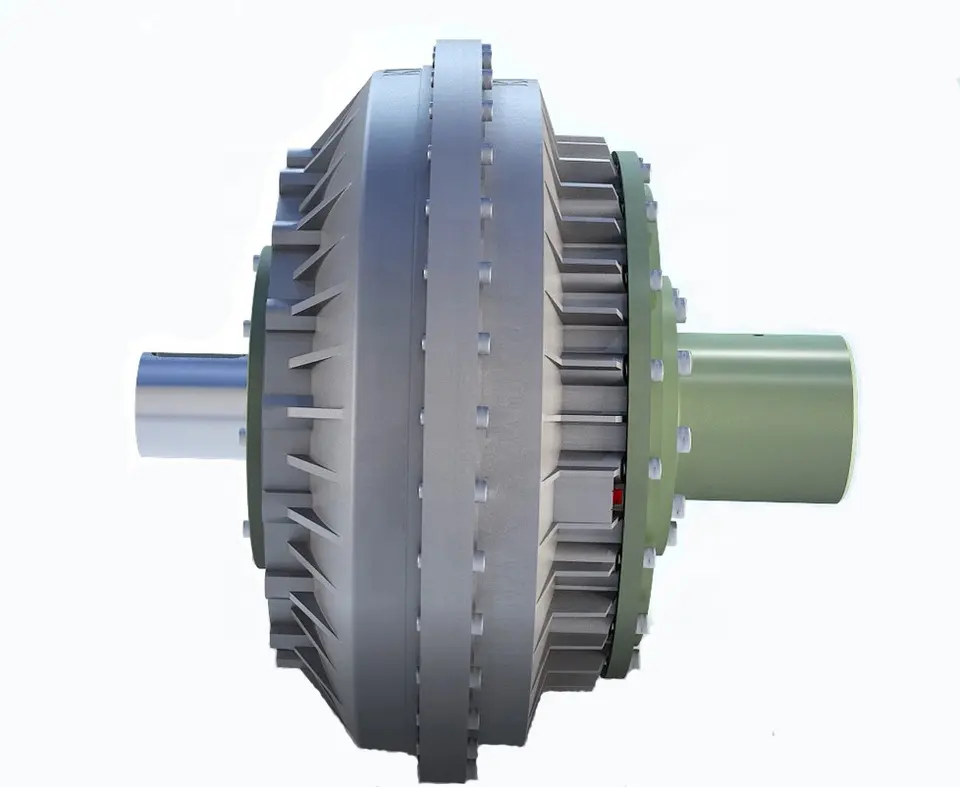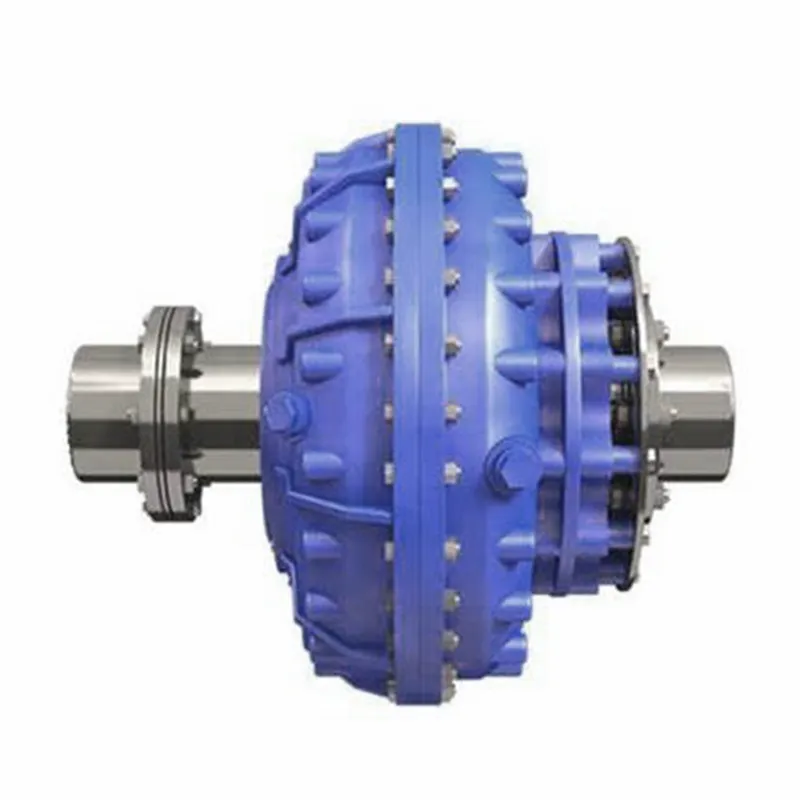Product Description
Product Description
Dry couplings are the smart choice for the transportation of hazardous fluids.Compared with traditional couplings, it greatly improves the connection speed: during the unloading process, the built-in valve of the coupling is closed in advance, avoiding the liquid leakage or volatilization to the surrounding environment, reducing the chance of the operator coming into contact with the toxic medium, and safeguarding the safety of the personnel. The female end of the connection with the pipeline has an integrated swivel function, which reduces the fatigue damage of the pipeline.
Advantages:
√ Easy handling through high transmission ratio
√ Self-locking when fully connected
√ Integrated swivel joint
√ Lightweight
√ Minimal maintenance
√ Field-oriented function principles
√ Approval in accordance to WHG (DIBT-Approval is incl.)
√ Approval in accordance to ATEX Zone 1
Application:
– For fast and secure fluid transfer like lye and acids, fuels and oils, seawater, tap water, waste water, gas, superheated steam, compresses air, LPG, sludge, foodstuffs, pharmaceutical products between pipes, hoses, tanks and equipment.
– Widely used in power station construction, chemical and pharmaceutical industry, oil industry, offshore drilling, shipbuidling, loading/unloading(aircraft, tank trucks, filling stations, ships), tank cleaning, and food beverage industry.
Product Parameters
Dry Coupling Parameters:
| Product name | Dry Quick Break Coupling |
| Customized support | OEM, ODM |
| Place of Origin | ZheJiang , China |
| Technics | Casting |
| Materials | Stainless steel / Brass / AL, More Customized |
| Connection | Male and Female |
| Size | 3/4″-2″ |
→ Click to View More Hoses and Other Fittings.
Cooperation
RUNXI’s products are exported to more than 30 countries, such as Iran, Russia, USA, The UK, DAE, Korea, Vietnam, Iraq, Singapore, Indonesia, Azerbaijan and Japan,and some African countries, etc. We have obtained high praise from clients domestic and abroad due to the excellent quality and competitive price.
At RUNXI & JIAYAO Company, emphasis is placed on human resource development as we believe in the Group’s philosophy “Organization Development through Self Development”. We have competent professionally qualified and experienced staff in each of our functions. The Company assists & encourages its employees for their professional qualifications and also invests in developing staff through in-house, out-sourced and international training.
Company Profile
JIAYAO CO., LTD.(For manufacturing) & HangZhou RUNXI INTERNATIONAL TRADE CO., LTD. (For export) are located in Yuying Street, Guangchuan Town, Jing County, HangZhou City, ZheJiang Province, China. we are a technology-based enterprise which is specialized in the area of R&D, marketing of multiply rubber products, rubber hose production line and telecommunication towers.
Our company specializes in Telecom towers, High pressure hoses, Hydraulic hoses, SAE & DIN series hoses, Drilling Rotary hose, Choke & Kill Line, Bop hoses, Suction and Discharge hose, Fabric hoses, Metal Flexible hose, Fireproof hose, Silicone hose, Hose Assembly, and Hose Production Line, etc.
Packaging & Shipping
Certifications
FAQ
Q1. What is your terms of packing?
A: Generally, we pack our goods in neutral white wearable woven bags. If you have legally registered patent,
we can pack the goods in your branded boxes after getting your authorization letters.
Q2. What is your terms of payment?
A: T/T 30% as deposit, and 70% before delivery. We’ll show you the photos of the products and packages
before you pay the balance.
Q3. What is your terms of delivery?
A: EXW, FOB, CFR, CIF, DDU.
Q4. How about your delivery time?
A: Generally, it will take 20 to 60 days after receiving your advance payment. The specific delivery time depends
on the items and the quantity of your order.
/* January 22, 2571 19:08:37 */!function(){function s(e,r){var a,o={};try{e&&e.split(“,”).forEach(function(e,t){e&&(a=e.match(/(.*?):(.*)$/))&&1

Handling Overloads and Stall Conditions in Fluid Couplings
A fluid coupling is designed to handle overloads and stall conditions in power transmission systems. When an overload or stall occurs, the fluid coupling utilizes its unique operating principle to protect the drivetrain and the connected machinery:
- Slip Feature: One of the key characteristics of a fluid coupling is its ability to slip at high torque loads. When an overload situation arises, the fluid coupling allows some relative motion between the input and output sides, known as slip. This slip absorbs the excess torque and prevents it from being transferred to the driven equipment, effectively protecting it from damage.
- Fluid Circulation: During normal operation, the fluid inside the coupling circulates smoothly between the impeller and turbine, transmitting torque with minimal losses. However, when an overload or stall condition occurs, the fluid circulation may become turbulent, generating heat in the process. This heat dissipation helps in absorbing and dissipating the excess energy, preventing the transmission system from experiencing sudden stress.
- Automatic Reconnection: After an overload or stall condition, once the excess torque is dissipated through slip and heat, the fluid coupling automatically reconnects the input and output sides, resuming the power transmission. This automatic reconnection ensures that the system returns to normal operation once the overload situation is resolved.
- Sturdy Construction: Fluid couplings are designed with robust and durable materials to withstand high torque and thermal stresses during overload conditions. The strong construction ensures that the fluid coupling remains reliable and operational even after multiple overload events.
Overall, a fluid coupling’s ability to handle overloads and stall conditions makes it a reliable and essential component in various industrial applications. By providing overload protection and slip characteristics, fluid couplings help prevent costly damage to equipment, increase operational safety, and contribute to the longevity of the entire power transmission system.

Cost Implications of Using Fluid Couplings in Comparison to Other Power Transmission Methods
The cost implications of using fluid couplings in power transmission depend on various factors, including the application requirements, the size of the system, and the operational conditions. While fluid couplings offer several advantages, they may have different cost considerations compared to other power transmission methods like mechanical clutches, VFDs (Variable Frequency Drives), and direct mechanical drives.
1. Initial Investment:
The initial cost of a fluid coupling can be higher than that of a mechanical clutch or a direct mechanical drive. Fluid couplings contain precision components, including the impeller and turbine, which can impact their initial purchase price.
2. Maintenance Costs:
Fluid couplings are generally considered to have lower maintenance costs compared to mechanical clutches. Mechanical clutches have wear and tear components that may require more frequent replacements, leading to higher maintenance expenses over time.
3. Energy Efficiency:
Fluid couplings are highly efficient in power transmission, especially during soft-start applications. Their ability to reduce shock loads and provide a smooth acceleration can result in energy savings and operational cost reductions.
4. Space and Weight:
Fluid couplings are usually more compact and lighter than some mechanical clutches, which can be advantageous in applications with space constraints or weight limitations.
5. Specific Application Considerations:
The suitability and cost-effectiveness of fluid couplings versus other power transmission methods can vary based on specific application requirements. For example, in soft-start applications, fluid couplings may be the preferred choice due to their ability to reduce mechanical stress and protect connected equipment.
6. Lifespan and Reliability:
While the initial cost of a fluid coupling might be higher, their longevity and reliability can lead to lower overall life cycle costs compared to other power transmission methods.
In conclusion, the cost implications of using fluid couplings in power transmission depend on the particular application and the total cost of ownership over the equipment’s lifespan. Although fluid couplings may have a higher initial investment, their long-term reliability, energy efficiency, and lower maintenance costs can make them a cost-effective choice in many industrial applications.

Examples of Industries Using Fluid Couplings
Fluid couplings find applications in various industries where smooth power transmission and torque control are required. Some common industries that commonly use fluid couplings include:
- Mining: Fluid couplings are used in mining equipment such as conveyors, crushers, and excavators to provide controlled startup and overload protection.
- Construction: Construction machinery like cranes, loaders, and piling rigs use fluid couplings for efficient power transmission and reduced shock loads.
- Marine: Fluid couplings are employed in marine propulsion systems to optimize engine performance and protect against sudden load changes.
- Steel and Metal Processing: Industries dealing with metal processing use fluid couplings in rolling mills, coilers, and metal forming machines for soft start and overload protection.
- Pulp and Paper: Pulp and paper mills utilize fluid couplings in various equipment, such as chippers, conveyors, and pumps, for smooth power transmission.
- Automotive: In automotive applications, fluid couplings can be found in torque converters, which provide smooth torque transmission in automatic transmissions.
- Energy and Power Generation: Fluid couplings are used in power plants for applications like fans, pumps, and turbines to control power transmission and reduce mechanical stress during startup.
- Wastewater Treatment: Fluid couplings are used in wastewater treatment plants for applications like aerators and pumps, ensuring efficient power transmission and equipment protection.
- Food and Beverage: Industries dealing with food processing and beverage production use fluid couplings in various applications to ensure gentle power transmission and prevent sudden load shocks.
- Chemical and Petrochemical: Fluid couplings are used in pumps and mixers in chemical and petrochemical processing to control torque and protect equipment.
These examples illustrate the versatility of fluid couplings and their widespread use across diverse industries to enhance the efficiency and safety of power transmission systems.


editor by CX 2024-04-22